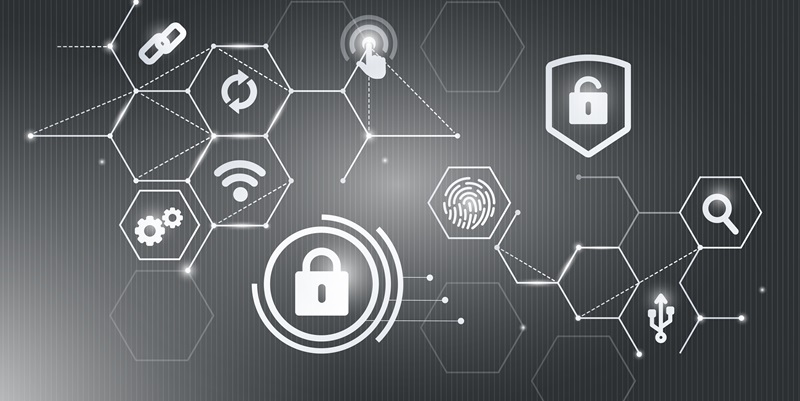Artificial Intelligence (AI) has become an integral part of the cybersecurity landscape, as organizations face a dynamic array of digital threats. The recent ISC2 survey delves into this intersection, reflecting insights from over 1,100 cybersecurity experts. This report is crucial for understanding AI’s impact on security practices as these professionals navigate the complexities of protecting digital infrastructures. As AI technologies advance, they offer new opportunities to enhance security measures; however, they also present unique challenges that these professionals must address. By harnessing AI capabilities, cybersecurity strategies can be more proactive and adaptive, potentially outpacing the sophistication of cyber threats. The findings of the ISC2 survey are therefore valuable for gauging current AI implementations and for anticipating future trends within the realm of cybersecurity.
The Impact of AI on Cybersecurity
AI as a Catalyst for Enhanced Job Efficiency
A recent ISC2 survey indicates that 82% of cybersecurity professionals believe AI will greatly improve their job efficiency. AI technology is poised to transform cybersecurity by automating mundane tasks, sifting through massive data sets, and proactively detecting security loopholes. By leveraging AI, experts anticipate a more efficient workflow, minimizing errors, and allocating more time for strategic planning. This advancement is critical in security operations for prompt prediction and response to cyber threats. AI’s integration into cybersecurity is not only anticipated to bolster defense mechanisms but also to enhance the overall security posture by providing sophisticated tools to identify and thwart impending cyber risks. Through AI, cybersecurity is expected to evolve, becoming more proactive than reactive, an essential shift in a landscape where threats are constantly evolving and protecting digital assets is more important than ever.
The Anticipated Benefits and Improvements
The integration of AI into the realm of cybersecurity heralds a transformative era wherein response times are not just faster, but the measures in place are smartly pre-emptive. The prowess of AI lies in detecting complex patterns that typically elude human scrutiny, which in turn fortifies the capabilities of cybersecurity professionals to counter threats with heightened precision. With advanced pattern recognition, AI arms security teams with the ability to foresee potential cyber-attacks, crafting defenses that are not only responsive but intelligently anticipatory. Such forward-thinking strategies are indispensable to uphold strong security infrastructures against the backdrop of ever-more cunning and dynamic cyber adversaries. AI’s analytical edge is poised to redefine the landscape of digital security, shifting from reactively guarding against known risks to proactively setting up defenses against emerging ones, ensuring a more secure digital future.
Organizational Preparedness and Ethical Concerns
The Reality of Policy Establishment
The ISC2 survey has exposed a concerning gap: only 27% of organizations have policies for the ethical use of AI in cybersecurity. This paucity in formal guidelines reveals that many entities are not fully equipped to manage AI’s ethical concerns. While the potential of AI to benefit cybersecurity efforts is widely recognized, the lack of comprehensive ethical frameworks hints at an underlying need for stronger governance. Establishing formal ethics policies is essential not just for ensuring technological proficiency but also for upholding moral standards. Addressing this policy shortfall is crucial to ensuring AI is harnessed responsibly and does not stray from ethical bounds in its application within the digital security domain. As organizations continue to adopt AI, such governance measures become imperative for maintaining the balance between innovation and ethical responsibility.
The Need for Regulatory Frameworks
The ISC2 survey highlights the dual nature of AI in cybersecurity—it’s a potent tool against cybercrime but also poses significant ethical dilemmas. Industry professionals recognize AI’s immense potential but are equally concerned by the absence of strict ethical guidelines and regulations governing its use. There’s a consensus that while AI is indispensable in combating cyber threats, it demands ethical stewardship to avoid misuse. This situation pinpoints the urgent need for a regulatory framework to ensure AI is employed ethically in cybersecurity. In essence, the cyber industry faces a crucial juncture; it must balance the remarkable advantages of AI with the imperative for ethical controls and strategic oversight to ensure responsible utilization. The report emphasizes the importance of creating a regulatory environment that not only enhances cybersecurity defenses but also enforces the ethical application of AI in the field.

